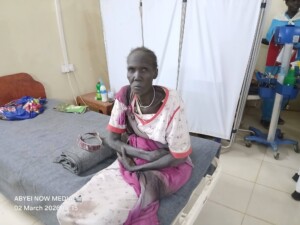New Dutch support for Sudan’s gum Arabic industry
Sudan and the Netherlands have agreed to support and facilitate establishment of gum Arabic* processing factories in Darfur, Kordofan and other states. The objective of the suggested factories is to increase the added value of Sudan’s substantial gum Arabic crop.
 Raw Gum Arabic resin (File photo)
Raw Gum Arabic resin (File photo)
Sudan and the Netherlands have agreed to support and facilitate establishment of gum Arabic* processing factories in Darfur, Kordofan and other states. The objective of the suggested factories is to increase the added value of Sudan’s substantial gum Arabic crop.
Sudan’s Minister of Finance and National Planning, Heba Mohamed and her delegation met with the deputy head of diplomatic mission of the Kingdom of the Netherlands to Sudan at the ministry on Wednesday, the official Sudan News Agency (SUNA) reports.
The minister praised the good historical ties between Sudan and the Netherlands and the assistance the Dutch provided to Sudan.
The Dutch deputy head of the mission affirmed the continuity of the technical support of his country to Sudan and efforts aimed establishment of investment relations to build partnership with Sudan in animal resources and agriculture, particularly in the field of Gum Arabic field.

deputy head of diplomatic mission of the Kingdom of the Netherlands to Sudan on Wednesday (SUNA)
* Gum Arabic (also known as Gum Sudani) is an emulsifier and a stabiliser made from resin from the acacia Senegal tree. Apart from shoe polish and ink, the food industry uses the stabiliser in chocolate and sweets, and, most importantly, in soft drinks, as it binds the sugar to the drink.
In the Netherlands, gum Arabic is an essential ingredient in the country’s famous liquorice and other confectionery.

Sudan is the world’s foremost producer at an estimated 88,000 tons a year. Sudan, Chad, and Nigeria, produce 95 per cent of gum Arabic exported to the world market.
The gum Arabic belt covers about one fifth of the country. North Kordofan and North Darfur are the largest producers, followed by the states of Blue Nile, White Nile, and El Gedaref.
In the past years, Sudanese economists reported a decline in the export of cotton and gum Arabic. They urged Khartoum to step up the production of gum Arabic to bridge the economic crisis in the country while at the same time meeting the growing demands in the world.
Radio Dabanga’s editorial independence means that we can continue to provide factual updates about political developments to Sudanese and international actors, educate people about how to avoid outbreaks of infectious diseases, and provide a window to the world for those in all corners of Sudan. Support Radio Dabanga for as little as €2.50, the equivalent of a cup of coffee.












 and then
and then